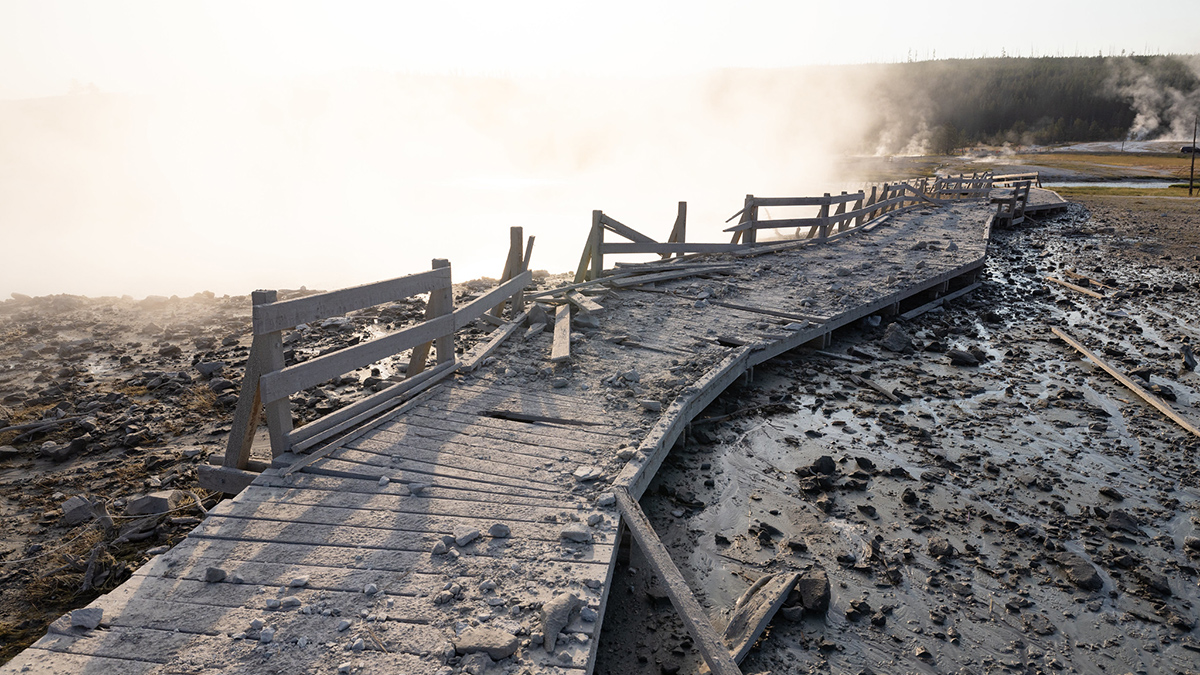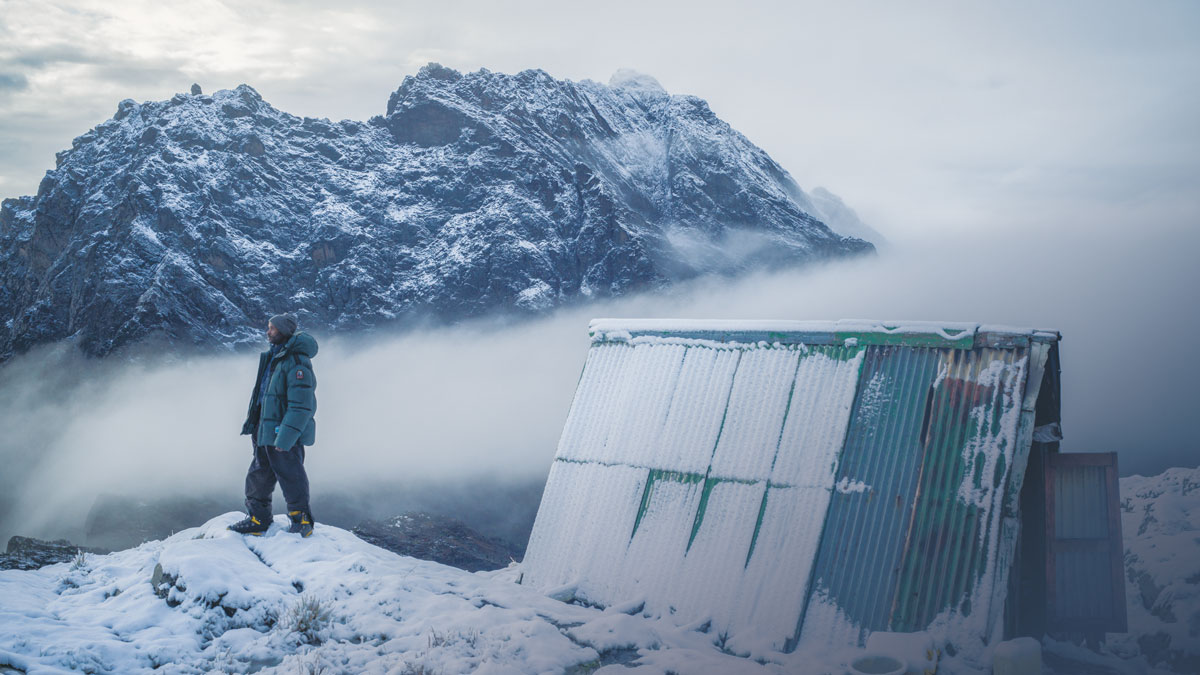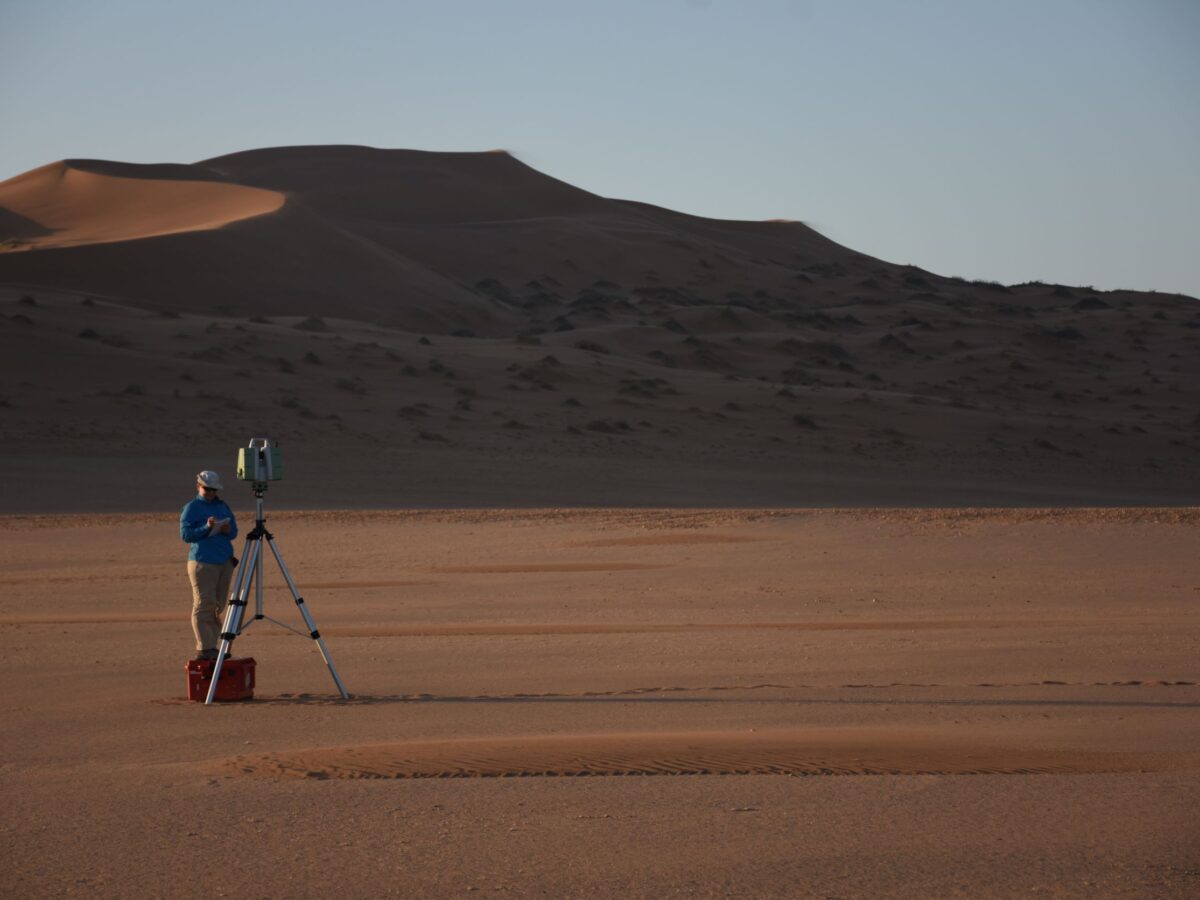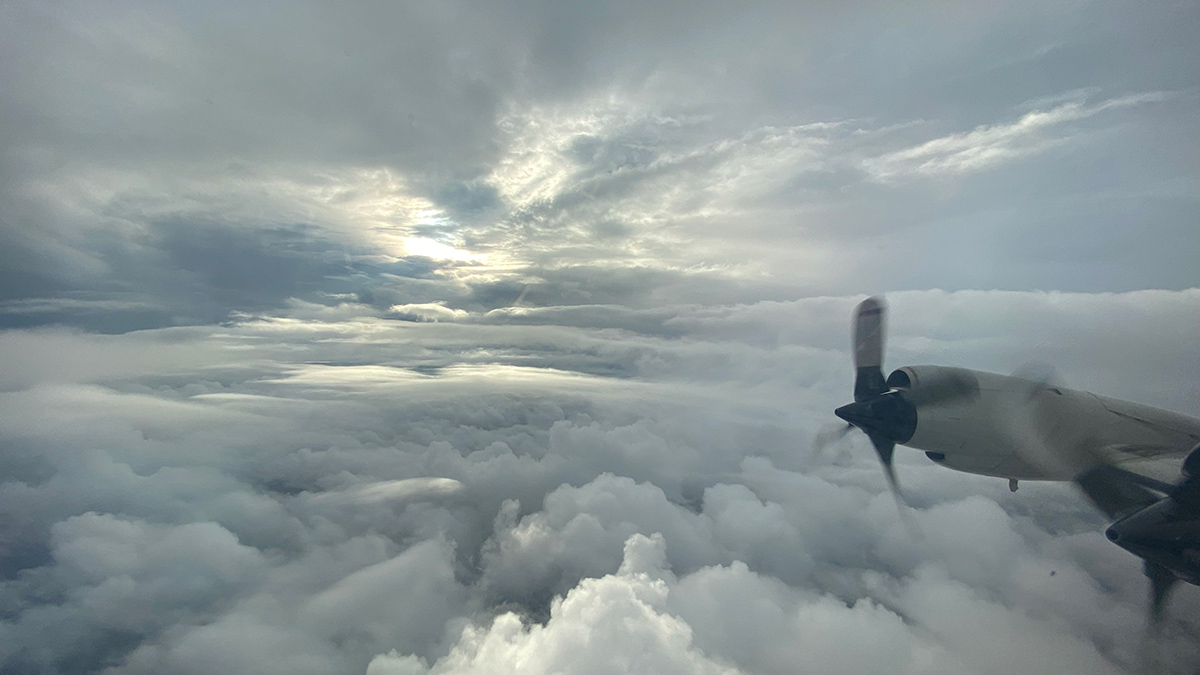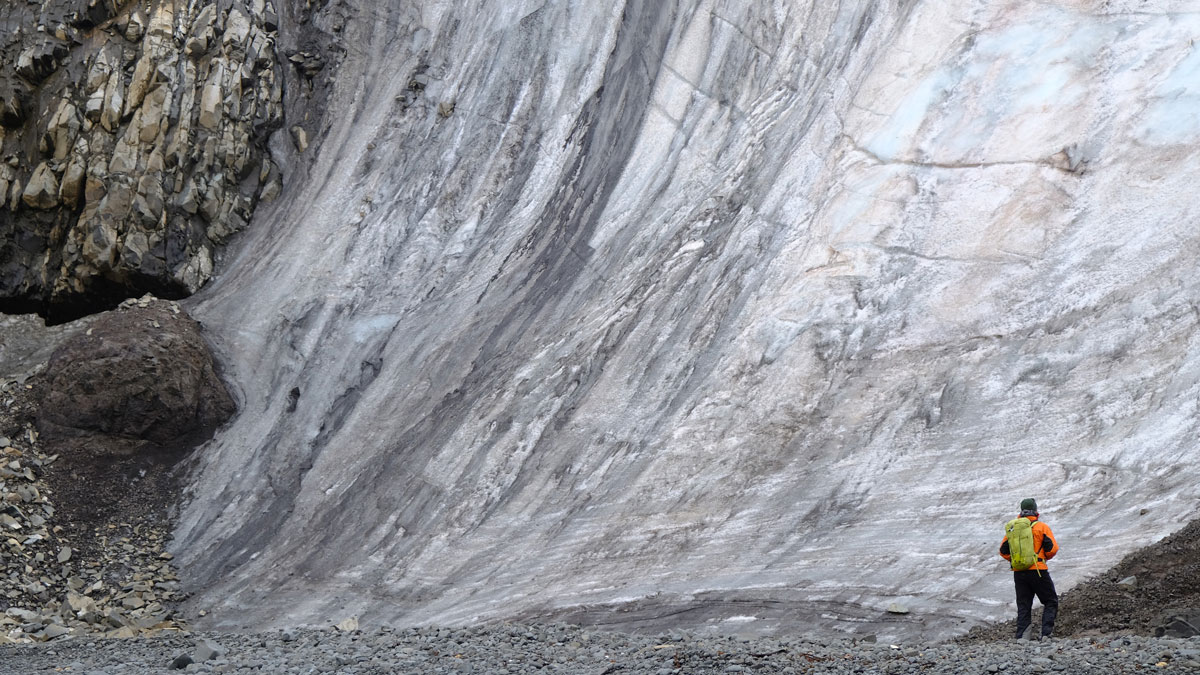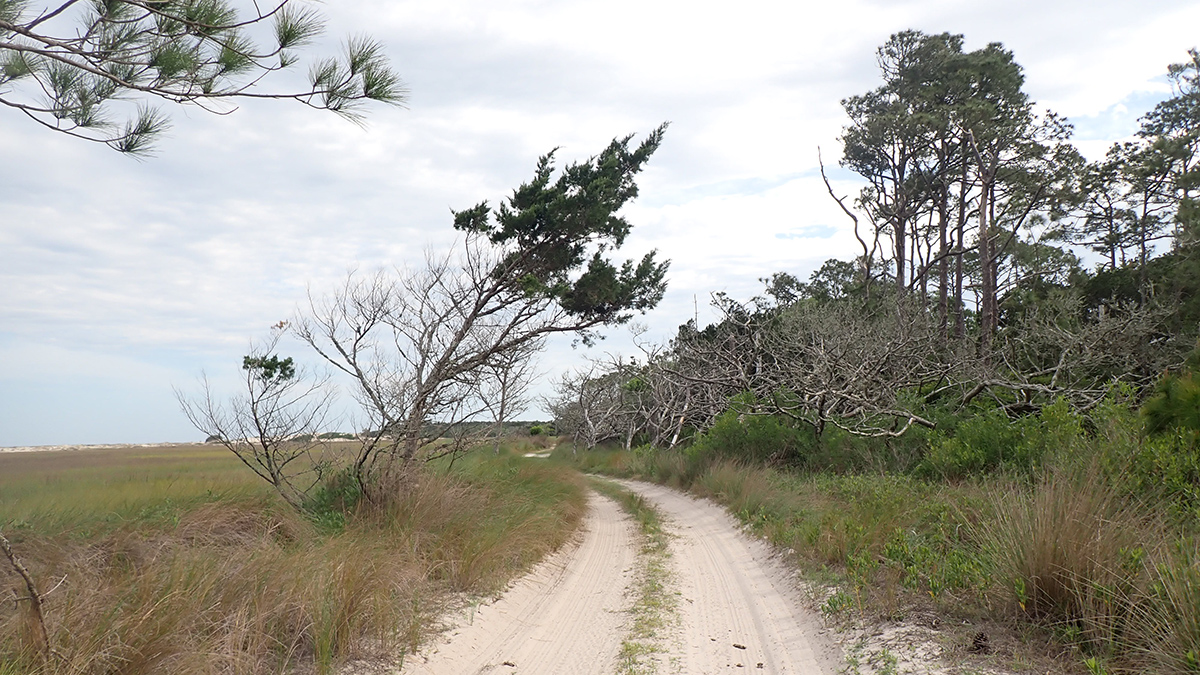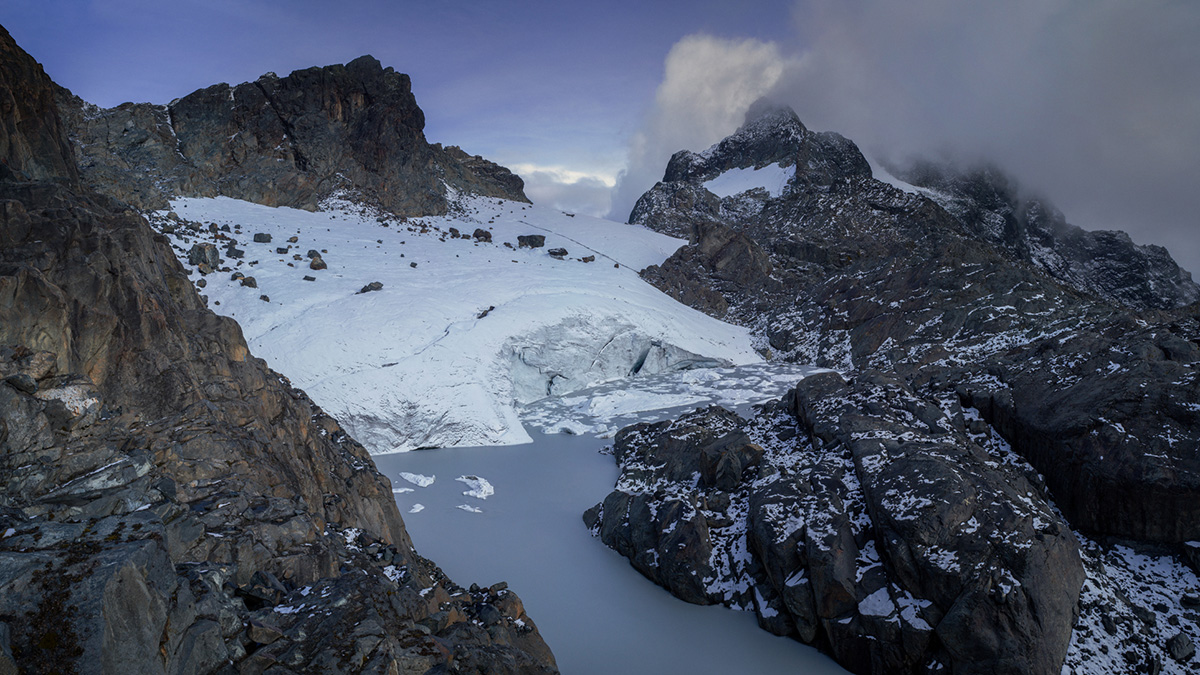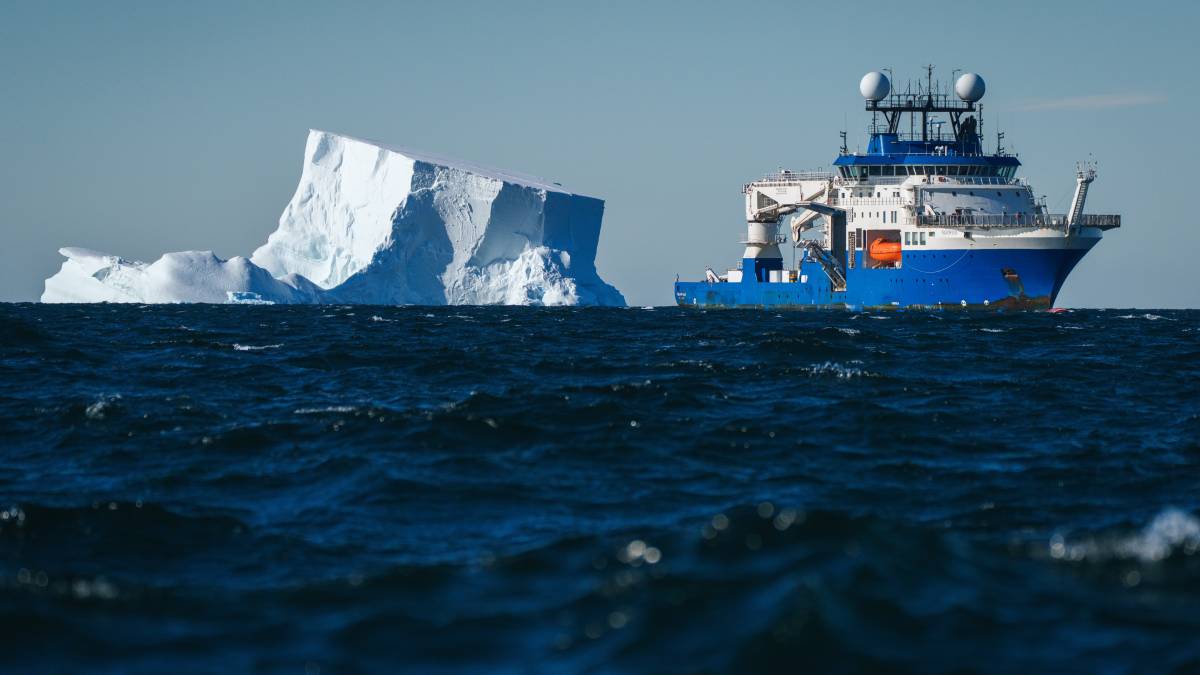Tourists and officials were startled by a hydrothermal explosion at Black Diamond Pool in July 2024. Geoscientists are working out how and why it occurred to better understand these hazardous events.
fieldwork
Worldwide Fieldwork
Our annual fieldwork issue takes you from volcanoes in the Canaries to databases in the cloud.
Mini Dunes Form When Sand Stops Bouncing
Decoding how sand grains move and accumulate on Earth can also help scientists understand dune formation on Mars.
Is Your Shampoo Washing Up in Antarctica?
Researchers have found chemicals from personal care products like shampoo, deodorant, and laundry soap in Antarctic snow.
The Wildest Ride on a Hurricane Hunter Aircraft
A 1989 flight through Hurricane Hugo tops the list for stomach-churning turbulence experienced by scientists, pilots, and crew aboard aircraft designed to fly through storms.
Newly Discovered Algae May Speed Melting of Antarctic Ice
Purple pigmentation in a diverse array of algae absorbs heat and creates a feedback loop responsible for 2% of total daily melting.
Flood Prediction Could Boost Road Resilience off Georgia’s Coast
Researchers and community members worked together to develop recommendations for how Little Cumberland Island can mitigate flooding hazards.
A New 3D Map Shows Precipitous Decline of Ugandan Glaciers
A team of dozens spent weeks in the Rwenzori Mountains capturing drone photography, GPS coordinates, and ground-penetrating radar data to document glacial retreat.
Thriving Antarctic Ecosystem Revealed by a Departing Iceberg
A quick-calving iceberg gave scientists a rare glimpse into what hides beneath Antarctic ice.
Tiny Icequakes Ripple Through Greenland’s Largest Ice Stream
Seismologists made an accidental discovery on the Northeast Greenland Ice Stream, changing the way glaciologists understand how ice moves.

